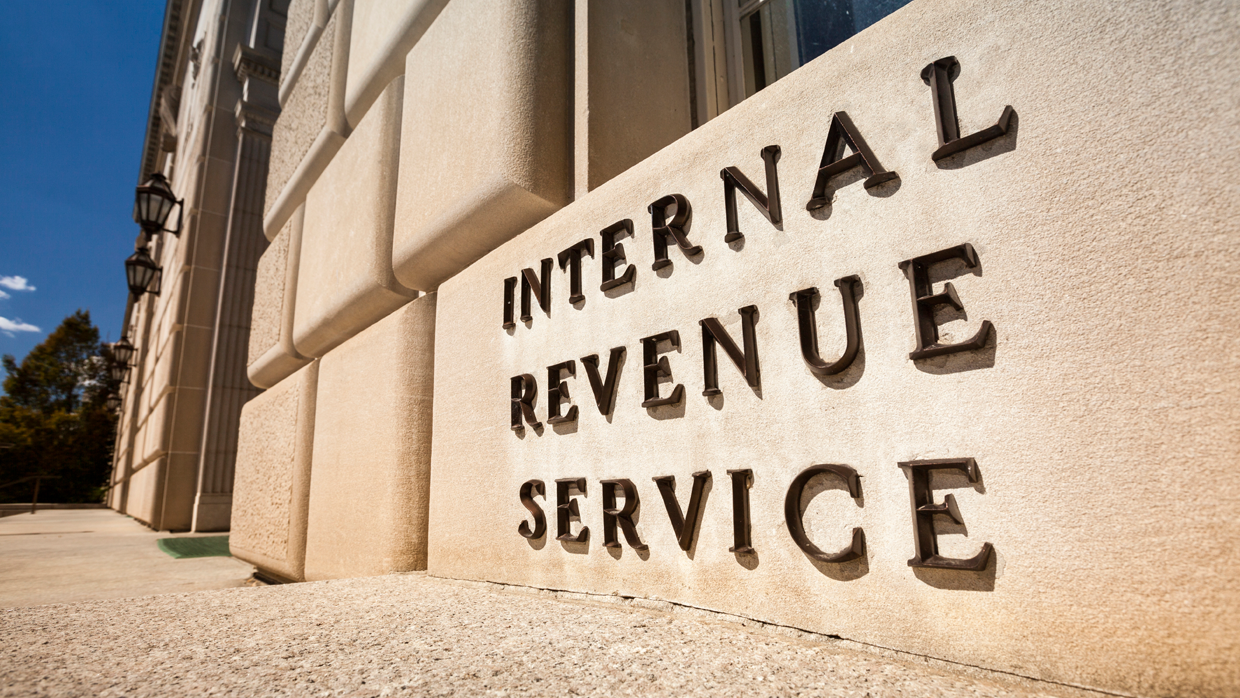The Internal Revenue Service (IRS) has spent the past few years modernizing its data analysis capabilities and that means a probable doubling of determination letters for employee plans during 2020, better investigation of private inurement, and the digitizing of more forms and submissions.
The IRS Tax Exempt & Governmental Entities (TE/GE) division will focus on six areas during 2020 all of which are data driven: Compliance Strategies; Data-Driven Approaches; Referrals, Claims and Other Casework; Compliance Contacts; Determinations; and, Voluntary Compliance and Other Technical Programs.
The priorities were discussed during a conference call today with IRS TE/GE Commissioner Tamera Ripperda and TE/GE Deputy Commissioner Edward Killen. It coincided with the release of the division’s “Fiscal Year 2020 Program Letter.” Ripperda said that focus for 2020 involves “compliance and modernization efforts” and “data utilization for tax compliance.”
There will be enhanced digitizing of records for public access and the development of “secure communications vehicles,” she said. The more secure communications vehicles involved the IRS’s push to reduce paper filings. Ripperda said that IRS Form 1023 will begin to go electronic during January 2020, although there is not yet a date certain when the process will be digital only. The Form 1023 is the Application for Recognition of Exemption Under Section 501(c)(3) of the Internal Revenue Code.
Killen said “improving compliance will be the linchpin of activity” in the TE/GE division. There will continue to be guidance published regarding code changes. The divisions will hire and train additional compliance officers and that training will include expert witness instruction for prosecution of “intentional tax evasion.”
Killen said there will be additional collaboration between divisions with a focus on fraud. In response to questions from The NonProfit Times, Ripperda estimated there were 90,000 employee plan determinations during 2019 and that might double given the additional digital firepower. “It might double because we have made it a little more streamlined to get them in,” she said, as well as there being an expansion via regulation and code as to “who can get determination letters.”
The focus on fraud also will enhance investigation of potential private benefit and inurement, Ripperda said. She declined to discuss potential red flags for a closer look. “We do have experience and collection of data and some insight” of what might lead to private benefit, she told The NonProfit Times. It’s no different than what the IRS examined in previous years it’s just that methods have been refined through digitalization of data, she said.
According to the published letter, the data collected is “used to identify and address existing and emerging high-risk areas of noncompliance and steer the decisions on how best to apply optimal resources.”
Among the items on which there will be a focus are:
* Hospital organizations with unrelated business income (UBI): Focus will be on unrelated business taxable income (UBTI) reported on Form 990-T, Exempt Organization Business Income Tax Return, where expenses materially exceed gross income; * IRC 501(c)(7) entities: IRS will focus on investment and non-member income by tax-exempt pleasure, social and recreation clubs;
* IRC Section 4947(a)(1) Non-Exempt Charitable Trusts (NECTs): Organizations that under-report income or over-report charitable contributions;
* Previous for-profit: organizations formerly operated as for-profit entities prior to their conversion to IRC Section 501(c)(3) organizations;
* Private benefit and inurement: Organizations that show indicators of potential private benefit or inurement to individuals or private entities by way of private foundation loans to disqualified persons;
* Query sets (previously referred to as models): IRS will continue to improve compliance query sets based on information reported on Form 990, Return of Organization Exempt From Income Tax; Form 990-EZ, Short Form Return of Organization Exempt From Income Tax; Form 990-PF, Return of Private Foundation or Section 4947(a)(1) Trust Treated as Private Foundation; and Form 5227, Split Interest Trust Information Return;
* Referrals: The IRS will continue to pursue referrals received from internal and external sources that allege noncompliance by an exempt organization and pursue taxpayer and interagency referrals, including information items from sources within and outside the IRS that allege noncompliance with an employment tax law by an exempt organization;
* Claims: The IRS will continue to address requests for refunds or credits of overpayments of amounts already assessed and paid, including tax, penalties, interest, or an adjustment of tax paid or credit not previously reported or allowed; and,
* Other Casework: The IRS will continue to examine entities that filed and received exemption, using Form 1023-EZ, Streamlined Application for Recognition of Exemption Under Section 501(c)(3) of the Internal Revenue Code. Additionally, support IRS-wide compliance efforts on IRC Section 4980H with respect to certain exempt employers.












